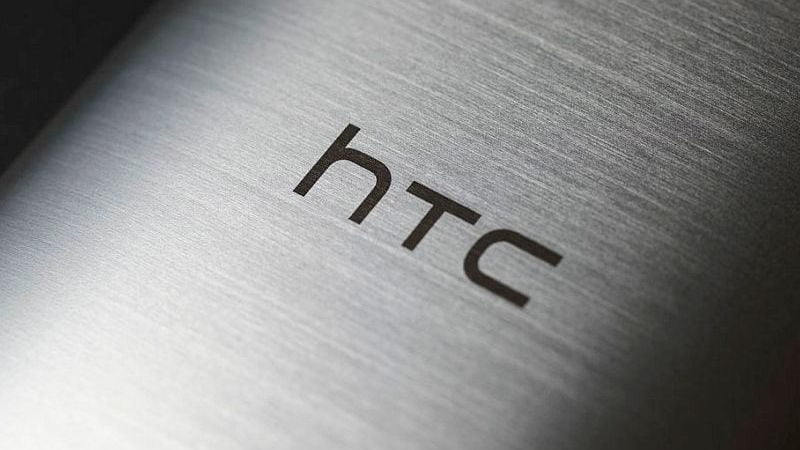

Facebook bid on Monday to block referral of a landmark privacy case to Europe’s top court by requesting a last-ditch appeal, seeking to avoid a potential ban on the legal instrument it uses to transfer users’ data to the United States.
The case, taken in Ireland by privacy activist Max Schrems, is the latest to question whether methods used by technology firms such as Google and Apple to transfer data outside the 28-nation European Union give EU consumers sufficient protection from US surveillance.
A ruling by the European Court of Justice (ECJ) against the legal arrangements could cause major headaches for thousands of firms, which make millions of these transfers every day.
The Irish High Court this month ordered the case to be referred to the EU’s top court to assess whether the methods used for data transfers – including standard contractual clauses and the Privacy Shield agreement – were legal.
A Facebook lawyer asked for the referral to be delayed to allow Ireland’s Supreme Court to decide if it would accept an appeal. Facebook would seek an accelerated referral to the Supreme Court so that it would take days not months to decide on whether to allow an appeal, said lawyer Paul Gallagher.
Gallagher said one of the grounds for appeal was the question of whether the EU’s General Data Protection Regulation, to be implemented from May 25, would render the case moot or irrelevant.
A lawyer for Ireland’s Data Protection Commissioner, said there was no precedent in Ireland for such an appeal and said such a move would simply delay a question, which is of “huge urgency” for people across the EU.
“Millions of people’s data are being transferred and are potentially being adversely impacted by the lesser protections in the United States,” the lawyer, Michael Collins said.
Sean O’Sullivan, representing Schrems, said his client like millions of other Europeans, faced potential “continued unlawful processing of his data” if the Irish appeal was to go ahead.
The case was taken in Ireland, the location of Facebook’s headquarters for most of its markets outside the United States.
The judge earlier said the case raised well-founded concerns that there was an absence of an effective remedy in US law compatible with EU legal requirements. She did not indicate when a decision would be made on whether to allow a referral to the Supreme Court.
[“source=gadgets.ndtv”]





